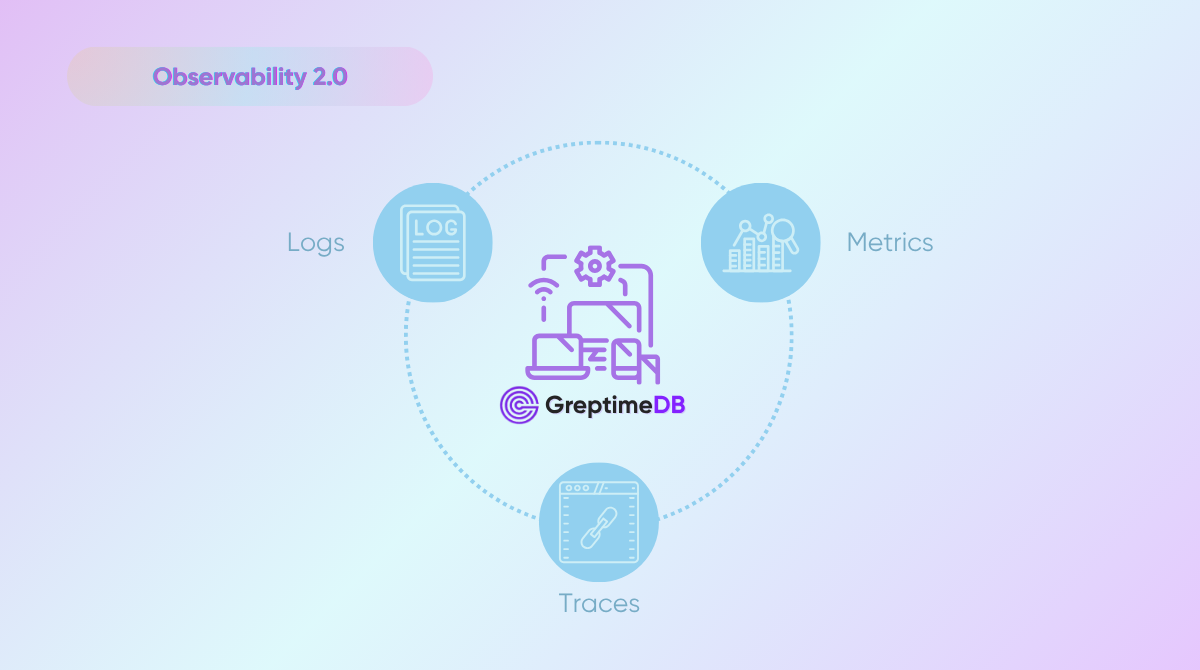
The Human Side of Database Development
Open source isn't just about code - it's about people. Behind every feature, every bug fix, every performance improvement, there are real developers solving real problems.
Community contributions often start small. A documentation fix here, a configuration update there. But these seemingly minor contributions can evolve into significant technical improvements.
From User to Committer - A Real Story
Meet Lanqing (@lyang24), one of GreptimeDB's newest committers. His journey started with reading a performance comparison blog post about VictoriaMetrics optimization.
What made him stick around?
- Fast, encouraging feedback on initial PRs
- Detailed code reviews that taught him system internals
- Welcoming community atmosphere despite Slack being relatively quiet
The Rust Connection
For many contributors, GreptimeDB serves as a Rust playground. Lanqing had used Rust professionally at Facebook, ByteDance, and Roblox, but his current role doesn't involve Rust development.
Open source contributions became his way to stay sharp with the language while contributing to meaningful infrastructure projects.
Community Feedback and Improvements
Honest feedback drives improvement. When Lanqing mentioned that Slack felt quiet, it highlighted a common challenge for company-backed open source projects.
The solution isn't necessarily more chat activity, but better:
- Technical documentation
- Tutorial content
- Accessible entry points for new contributors
Contributing Beyond Code
Community building involves more than programming:
- Documentation improvements
- User experience feedback
- Performance benchmarking
- Real-world use case sharing
The Technical Growth Path
Lanqing's contribution evolution shows typical patterns:
- Peripheral fixes (config, docs)
- Data structure improvements (string traits, serialization)
- Core storage engine exploration (Mito2, compression algorithms)
Each step builds understanding through practical implementation rather than just documentation reading.
Why Community Matters for Database Projects
Database development is inherently complex. Different perspectives from diverse use cases help identify:
- Performance bottlenecks in real scenarios
- User experience pain points
- Edge case behaviors that internal testing might miss
GreptimeDB's community-driven approach ensures the database evolves based on actual user needs rather than theoretical requirements.
Join our Slack community or contribute on GitHub to be part of this growing ecosystem.
About Greptime
GreptimeDB is an open-source, cloud-native database purpose-built for real-time observability. Built in Rust and optimized for cloud-native environments, it provides unified storage and processing for metrics, logs, and traces—delivering sub-second insights from edge to cloud —at any scale.
GreptimeDB OSS – The open-sourced database for small to medium-scale observability and IoT use cases, ideal for personal projects or dev/test environments.
GreptimeDB Enterprise – A robust observability database with enhanced security, high availability, and enterprise-grade support.
GreptimeCloud – A fully managed, serverless DBaaS with elastic scaling and zero operational overhead. Built for teams that need speed, flexibility, and ease of use out of the box.
🚀 We’re open to contributors—get started with issues labeled good first issue and connect with our community.
💬 Slack | 🐦 Twitter | 💼 LinkedIn
